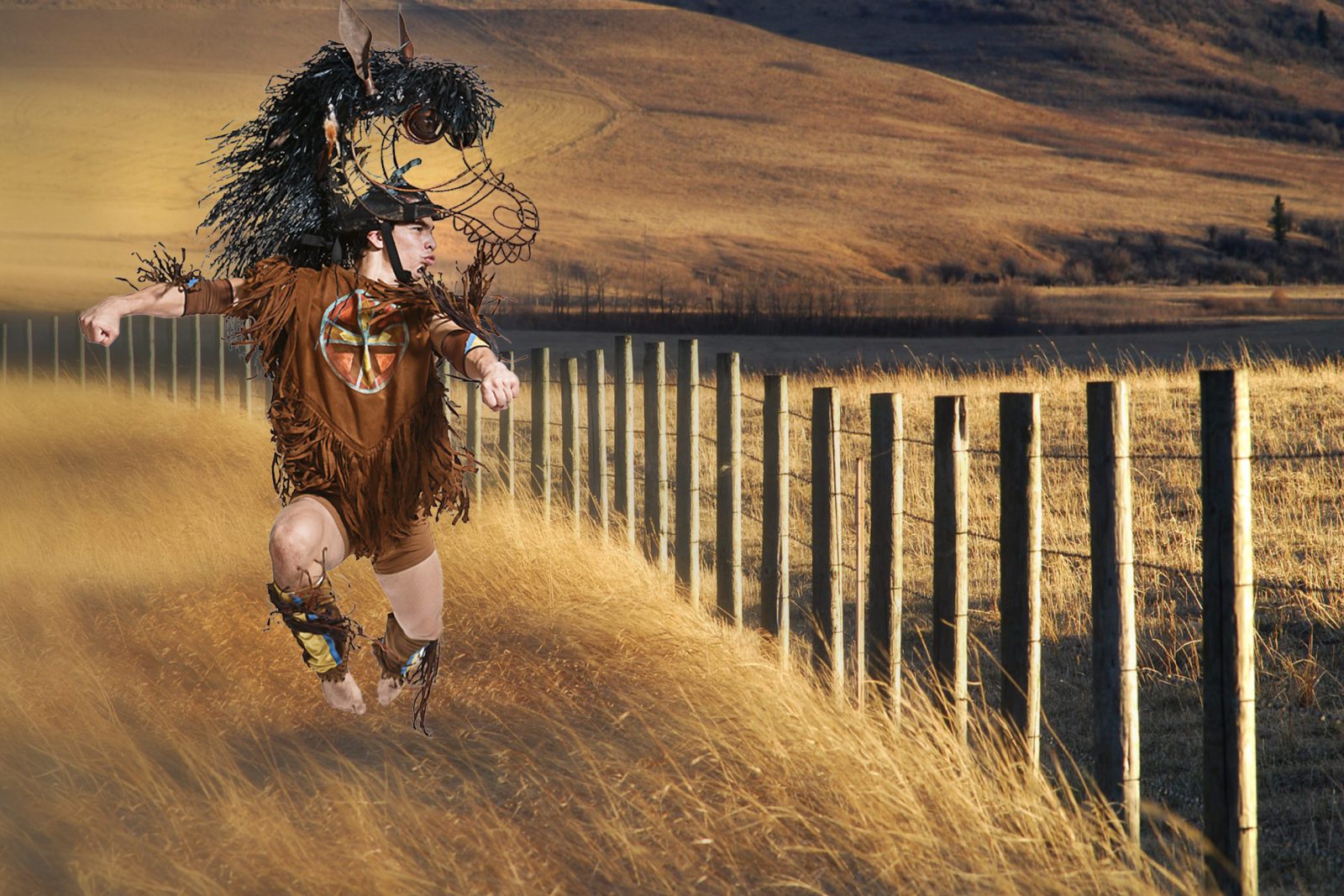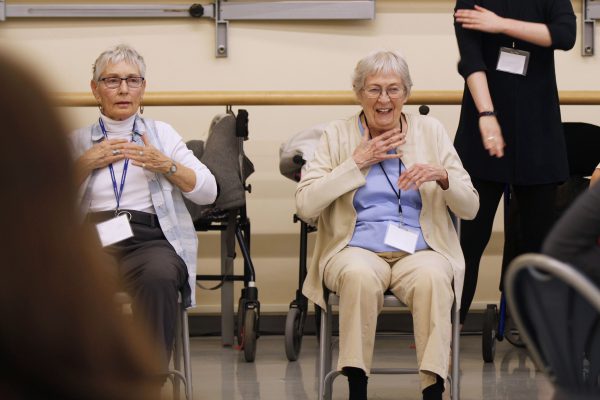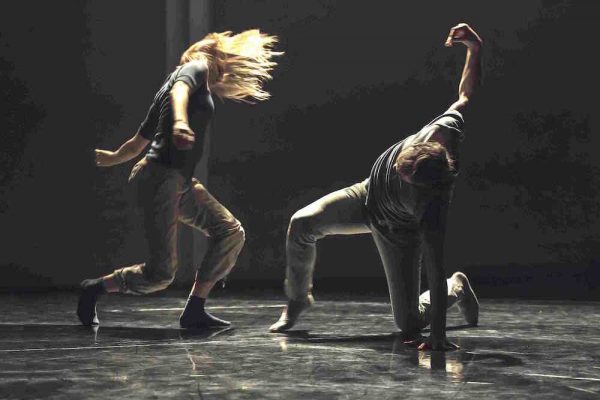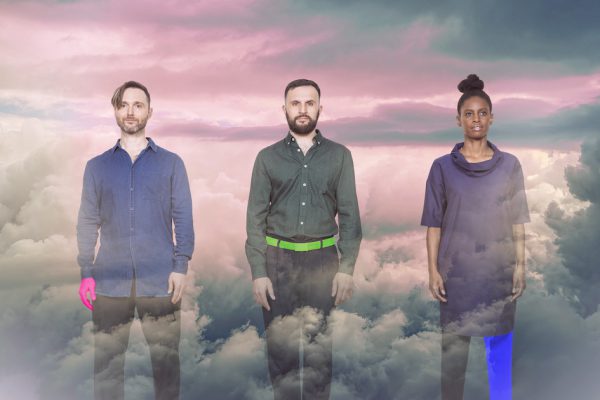The beloved children’s production Mistatim by Red Sky Performance is getting a digital reinvention. The stage show is getting transformed into a multi-faceted digital experience, and the company is collaborating with the Toronto Symphony Orchestra, using a small chamber ensemble of eight TSO musicians and four Indigenous music creators for a fresh new score.
Mistatim is a story of reconciliation and cultural understanding told through the taming of a wild horse. Since its premiere in 2015, Mistatim has toured Turtle Island extensively, reaching about one million kids, says Sandra Laronde, executive and artistic director of Red Sky Performance. It was nominated for a Dora Mavor Moore Award for Outstanding Production in 2016 and received Best Script, Best Direction and Best Production awards from the Youth Drama Awards in China. The new version is scheduled to launch Sept. 30.
“This date was chosen because it’s the time of year in which children were taken from their homes to residential schools,” says the company in an email. “It’s the beginning of the new school year and it’s an opportunity to set the stage for anti-racism and anti-bullying policies in schools.” The production also encourages kids to think about the kind of world they want.
“What kind of leadership style do we aspire to?” – Sandra Laronde.
“They love dance and theatre, athleticism, magic, masque, humour,” says Laronde. “You know, not everything is told through words because words have limitations. But if you can express something through dance, or gesture, or movement, or an image, or sonic world – meaning music – they can climb inside of their own imaginations.”
The colonial versus the Indigenous style of horse taming is central to Mistatim and allegorical for more than just social and cultural divides between the two groups. The European approach of breaking a horse through fear and domination can be read as an allegory for the abuses endured at residential schools. But it’s also about leadership, explains Laronde.
“What kind of leadership style do we aspire to? But we never say that word. … It’s just through the challenge of the story.”
The story revolves around two main characters, Calvin and Speck, who are separated by a fence between his ranch and her reservation. It’s an uncrossed boundary until the wild horse Mistatim becomes part of their lives and meaningful relationships are built. “That’s what children do; they clamber over fences, they dissolve walls. … They lead by curiosity,” says Laronde.
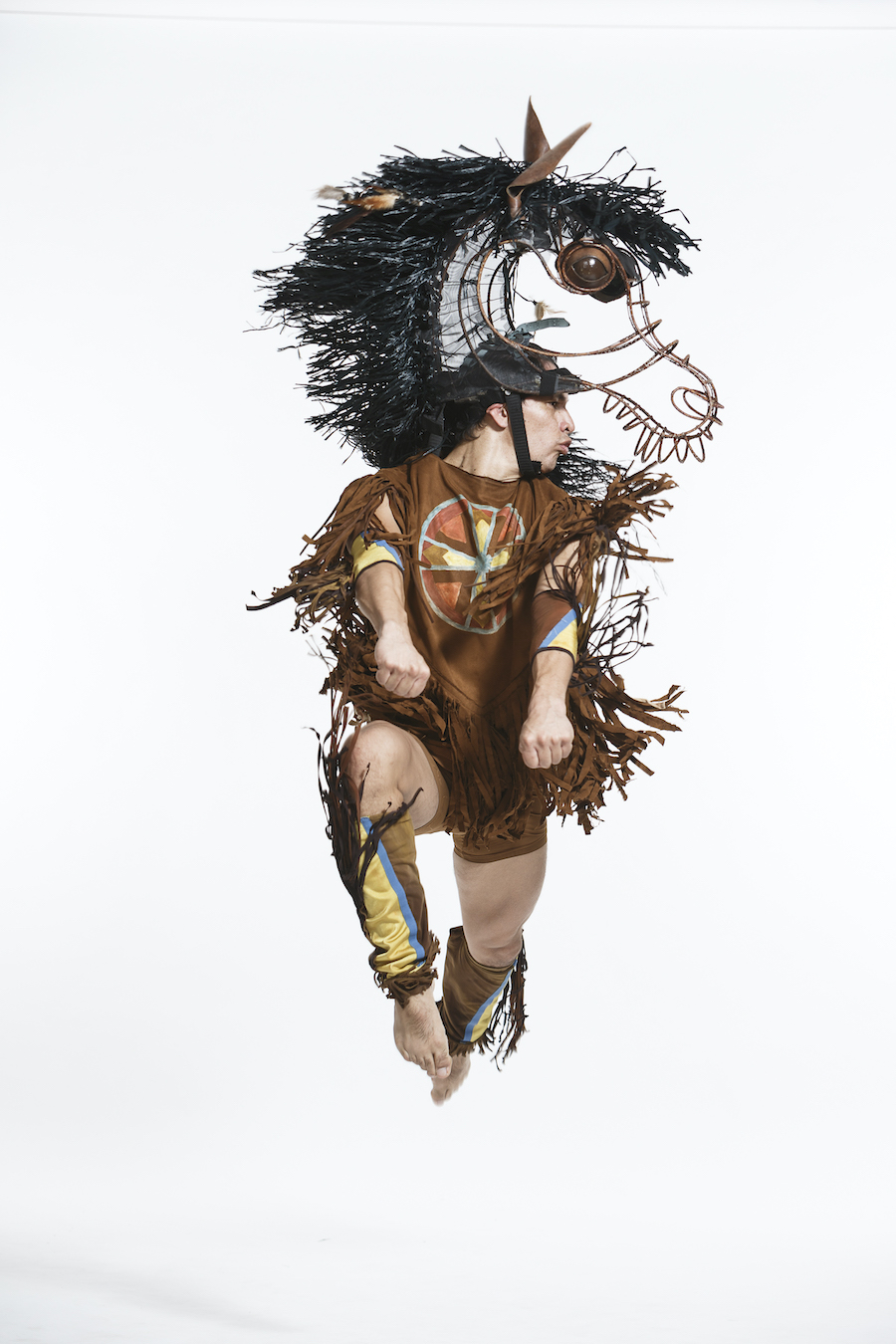
Challenging kids to consider what it means to lead seems especially pertinent in our present situation. Over the past year and a half, we have all watched leaders at many levels handle the pandemic to greater and lesser degrees of success. The children are directly impacted by these decisions but have very little immediate control over who leads and how. They will, however, be the ones creating the future over the next few decades.
“We’re reflecting back to Indigenous children who they are in a very positive way. Because let’s face it, in Canada, we’re still bombarded with a lot of negative stereotypes and colonial narratives about who we are, and we can’t help but grow up with that in our psyche,” she says.
Beyond the technical logistics, creating an online production for children doesn’t stray too far from its live counterpart, explains Laronde. “I think similar to live performance, it has to be compelling. It can’t be too wordy. It has to be physicalized. It has to be fun. It has to be engaging. It has to be authentic because children smell when things are not true. And honest – they have a sixth sense for that.”
“We’re reflecting back to Indigenous children who they are in a very positive way.” – Laronde.
It’s still Mistatim but with a few upgrades for the new digital platform, including space for the kids to ask questions and share online.
“Is Cree a real language?” says Laronde, describing a typical Q & A after a Mistatim performance. “[At] almost every school, it’s the first question they ask because the horse can only understand Cree.” It’s a question that is endearing in its innocence and a reminder that truth and reconciliation is a work-in-progress that can include kids in age-appropriate ways.
“It’s going to be exciting to see in this new version,” says Laronde. “I’m so grateful that we’ve had seven years of really healthy life. And then it gets to live on and probably go further out into the world as a result.” And another result – more kids (and adults) will learn that Cree is, indeed, a real language.
***
For anyone experiencing trauma, pain, distress or grief due to the ongoing effects of Canada’s residential school system, the following is a list of resources that aim to help Indigenous people in crisis:
The Indian Residential Schools Crisis Line is available 24/7:
Tagged: Dance Theatre, Indigenous, On the Ground, All
